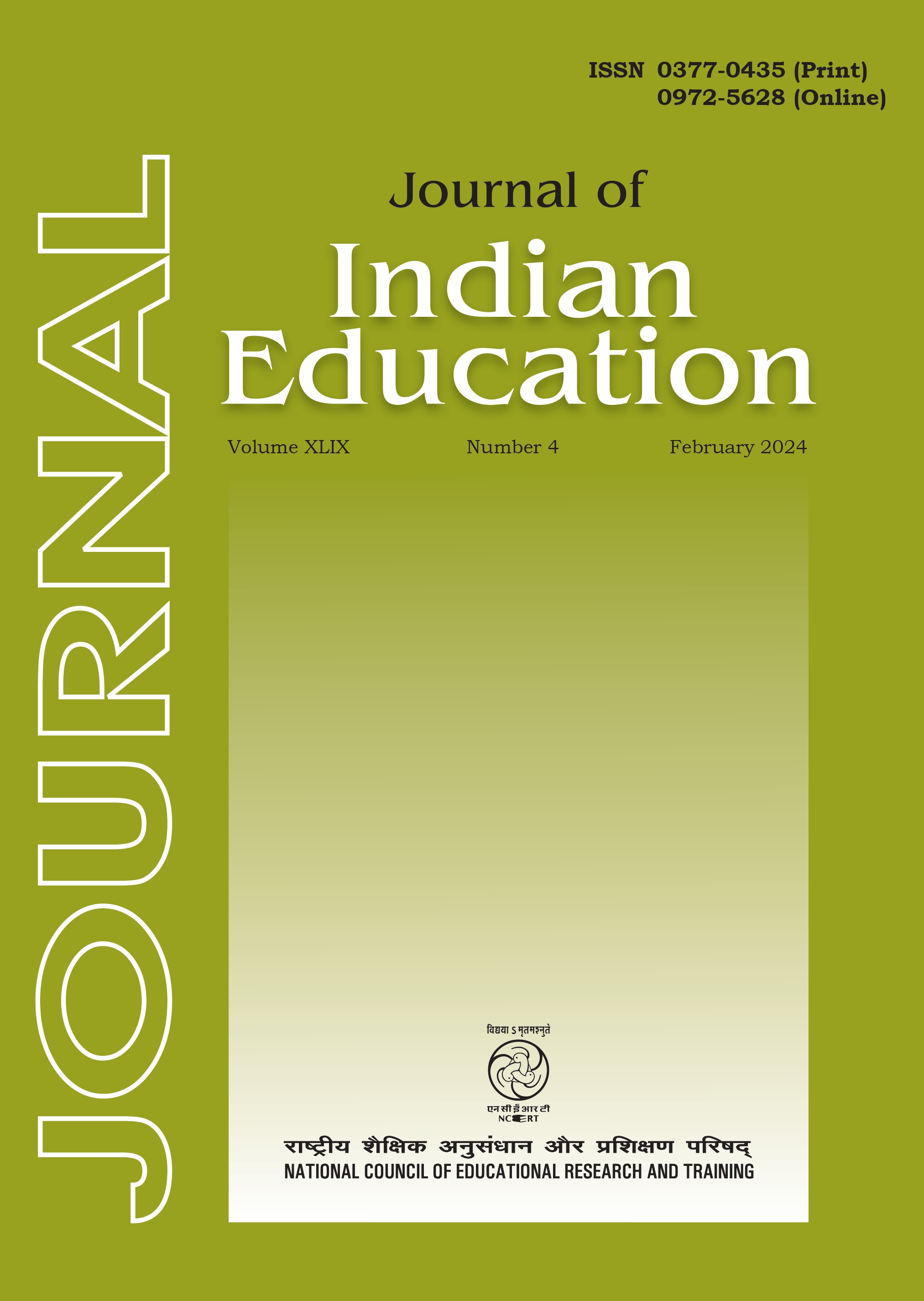Published 2024-02-29
Keywords
- vocational education,
- industrial education,
- general education at large,
- echnical education in particular,
- National Education Policy (NEP) 2020
- mainstream education ...More
How to Cite
Abstract
The history of vocational education in India did not evolve in a linear process, its historical accounts consist of the interaction between various structured and geographically distributed social entities, which mutually shaped the occidental actions and attitudes to negotiate with specificities of the Orient. The vocational education envisaged during colonial India as industrial education varied from general education at large, and technical education in particular. The primary intention of industrial education was to convert the lowest craftsmen into rational and scientific workmen based on the assumed efficiency of the latter over the former. It extensively shaped the domestic industry through colonial industrial experiments of instituting workshops, institutes, and industrial schools with improved looms and techniques established in different regions of colonial India. It is within this historical context this paper would theoretically situate the dialogue between the traditional skills and modern techniques that organised, and shaped the actions of the colonial state and agencies to transmit, and circulate modern technical knowledge to the domestic craftsmen. Subsequently, relating contemporarily to the problems and suggestions laid down by educationist and National Education Policy (NEP) 2020 for vocational education towards decolonising vocational education by adequately integrating it into mainstream education, across education institutions, in a phased manner to overcome the social status hierarchy associated with vocational education.

